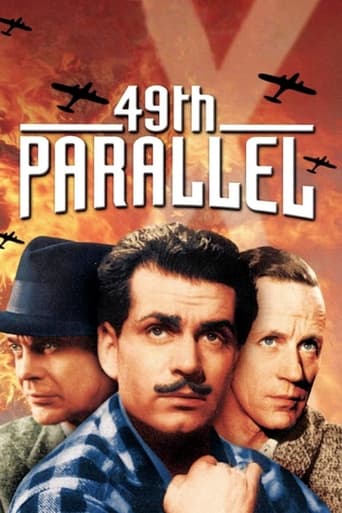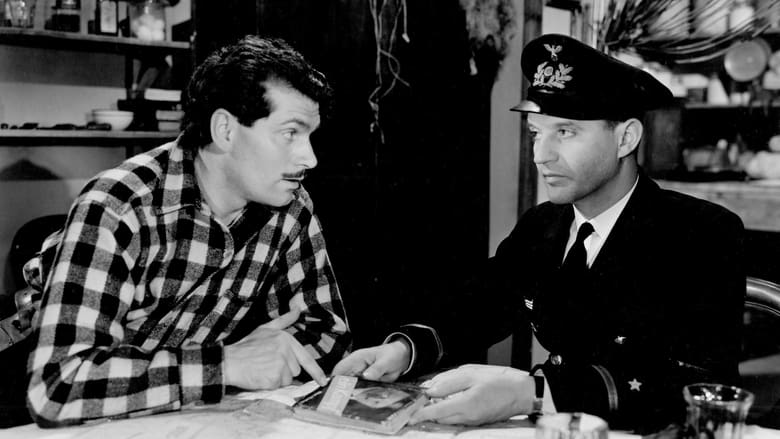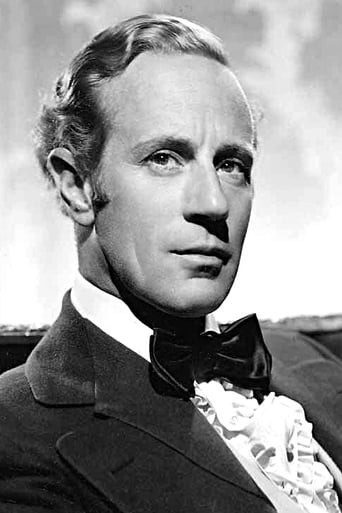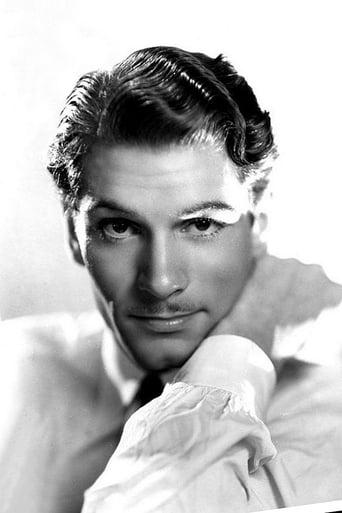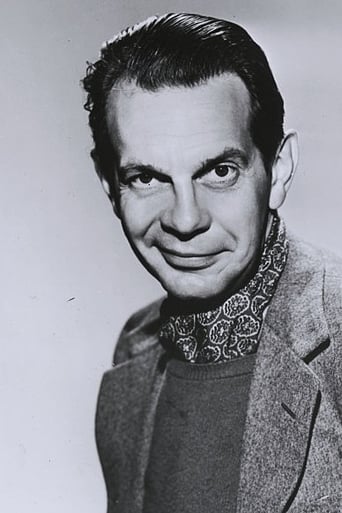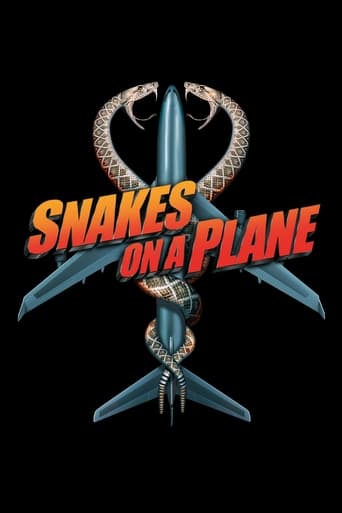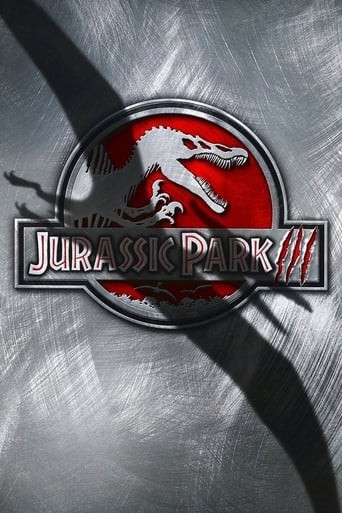49th Parallel (1942)
In the early days of World War II, a German U-boat is sunk in Canada's Hudson Bay. Hoping to evade capture, a small band of German soldiers led by commanding officer Lieutenant Hirth attempts to cross the border into the United States, which has not yet entered the war and is officially neutral. Along the way, the German soldiers encounter brave men such as a French-Canadian fur trapper, Johnnie, a leader of a Hutterite farming community, Peter, an author, Philip and a soldier, Andy Brock.
Watch Trailer
Cast
Similar titles
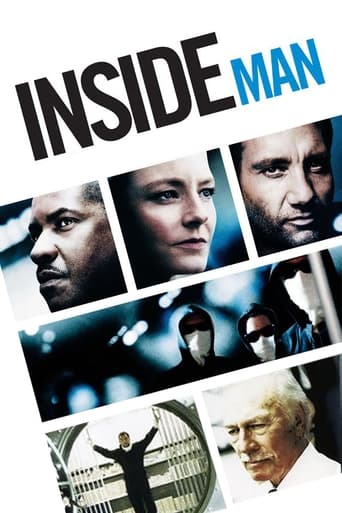
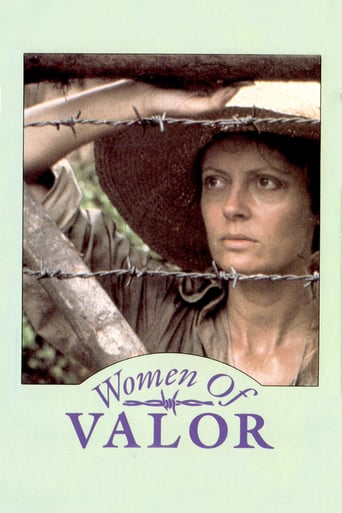

Reviews
Thanks for the memories!
It's no definitive masterpiece but it's damn close.
If you don't like this, we can't be friends.
Simple and well acted, it has tension enough to knot the stomach.
"49th Parallel" was the third film made together by Michael Powell and Emeric Pressburger after "The Spy in Black" and "Contraband". The title derives from the line of latitude which forms much of the American- Canadian border. Powell and Pressburger deliberately made it as a propaganda film, partly to highlight the Canadian contribution to the war effort but also to influence public opinion in the then neutral United States.In 1940 a German U-boat is attacking shipping off the Canadian coast. The captain n hopes to evade detection by hiding in a remote location in Hudson Bay, but the U-boat is spotted and sunk by Canadian bombers. A small group of survivors attempt to make their way across Canada to reach the American border. Along the way various members of the group are either killed or captured until only one, Lieutenant Hirth, remains.Much of the film was actually shot on location in Canada itself, taking advantage of the country's magnificent scenery. This had the effect of doubling the original budget of £60,000, but the film still ended up making a profit at the box office. A theme running throughout is the ethnic diversity of Canada, with French, British and German Canadians featuring alongside Canadian Indians and Inuit, referred to here as Eskimos. This ethnic diversity is contrasted favourably with the Nazi obsession with purity of blood; when the Germans try to turn the various ethnic groups against one another, as when Hirth tries to persuade a French-Canadian trapper that his people are being oppressed by the Anglophones, they invariably fail.Despite his German-sounding name, Pressburger was not a German but a Hungarian Jew with every reason to hate the Nazis. Despite this, his scripts are marked by a generosity of spirit often lacking in Allied- to say nothing of Axis- propaganda films. Although he did indeed hate Nazi ideology with a passion, he wanted to remind British audiences that the German people were capable of better things than Nazism and so his scripts often include at least one "good German". Here the "good Germans" are a Hutterite religious colony who have found refuge in Canada and who indignantly reject Hirth's attempts to recruit them to his cause and Vogel, one of the men under Hirth's command, who has a moral sense in which his comrades are lacking.Even the picture drawn of Hirth is not entirely negative. In many ways he is a typical Nazi- arrogant, fanatical, ruthless and blinkered. (Had he thought about it, he would never have tried to convert to Nazism the deeply religious, pacifist Hutterites, especially as several of them have fled to Canada to escape Nazi persecution). Yet he also has some admirable qualities- courage, resourcefulness, determination and the sort of never-say-die spirit more commonly associated in propaganda films with Britons than with Germans. Pressburger seems to be warning us that the Nazis are not just cowardly bullies and that with men of the calibre of Hirth on the other side the fight will not be an easy one.The film stars a number of well-known actors, some only in minor roles, who saw making films like this as part of their contribution to the war effort. It must be said that not all of these are at their best. Laurence Olivier is never convincing as the French-Canadian trapper, and Leslie Howard's upper-class English writer, who helps capture one of the Nazis, looks and sounds as though he would be more at home in a Bloomsbury salon than in the Canadian wilds. There are, however, good contributions from Eric Portman as Hirth, Niall MacGinnis as Vogel and Anton Walbrook as the Hutterite leader Peter, who delivers an impassioned anti-Nazi speech. Other excellent features include Powell's photography of the Canadian scenery and Ralph Vaughan Williams's musical score.The final scene, set at the border at Niagara Falls, can perhaps be seen as a veiled critique of American neutrality. Hirth, the only survivor of the group of Germans, succeeds in crossing into the United States aboard a train but is returned to Canada by a couple of resourceful American customs officers. Legally, Hirth is in the right; he has reached neutral soil and should be repatriated to Germany. Morally, of course, we are rooting for the customs men, two ordinary American citizens doing- or so Pressburger implies- what their government ought to be doing, namely refusing to remain neutral in the fight against Nazi tyranny.Had the film actually been shown in America in 1941 this might have been a controversial stance. In the event, it was not released in the States until 1942, by which time America had joined the war. Even then, some passages which it was feared might arouse controversy were cut, such as Hirth's description of black people as "sub-apes". This was cut not to avoid offending black Americans but to spare the feelings of white segregationists who might not have taken kindly to hearing views akin to their own in the mouth of a Nazi.It is now more than seventy years since the war ended, and propaganda films of the period can often have a very dated feel. Some, although ostensibly made in support of a righteous cause, can even seem offensive today; I am thinking of the likes of "The Purple Heart", with its all-too-obvious anti-Japanese bigotry, or "North Star", which attempts to whitewash Stalinism. "49th Parallel", however, is not one of these. Although it is (unusually for a British war drama) told mainly from the perspective of the German characters, Powell and Pressburger concentrate less on "reasons to hate the enemy" than on the positive values, such as democracy and tolerance, which we were fighting to defend. Some wartime dramas have looked outdated ever since 1945; this one remains timeless. 8/10
49TH PARALLEL is a thematic war movie by the Powell & Pressburger team. It follows the misadventures of a bunch of Germans who find themselves stranded in Canada and must go undercover in order to reach the American border; as a neutral country, America will provide them a place of safety. Along the way, the Germans meet up with various characters and conflicting attitudes toward the war are subsequently explored throughout. 49TH PARALLEL is a well acted movie and as a propaganda piece it's less gung-ho than usual, taking time to explore the depth of the situation and raising some interesting questions at the same time.
Emeric Pressburger wrote the book which inspired this movie called " 49th Parallel " or 'The Invaders' and which was later directed by Michael Powell, neither could have dreamed, such a small movie could have ever garnered such world wide attention. From it's inception to the finished scene, one is impressed by the remarkable journey of the main characters and their trek through the rugged Canadian wilderness. That journey begins when a German U-Boat surfaces in the waters of Canada. Stopping for supplies, the Submarine is suddenly attacked by the Canadaian military and within minutes is sunk. Only a handful of men escape and they proceed to the interior of the country where they hope to be rescued by German compatriots. all the while they kidnapped, maim and murder anyone who confronts their Nazi Philosophy. Throughout the rest of the movie the Germans which include their leader try to blend in wherever they travel weather it be through religious settlements or high mountain campsites. For American audiences, it's disturbing to visually search for the international actors like Laurence Olivier, Leslie Howard and Raymond Massey scattered throughout the film. Still, it's worth it as they do so well at keeping our interest glued to the screen. It's also noteworthy to learn the film and it's author as well as the director secured a multitude of awards. Therefore, the movie is easily recommended to any and all seeking entertainment. ****
If you saw the movie you know why it is labelled as propaganda.OBSERVATION: Out of last three Germans two were clearly caught alive. Later in the movie the authorities say that the lieutenant is the last German alive. That means Allies were not respecting international laws for POW.GOOFS: 1)Germany is blamed for starting the war. They say Germany invaded Poland. Actually Russians did exactly the same, and Russians = Allies. So in reality the Allies and Germans were equally guilty for the crimes of war. 2)In the movie it is the Germans who despise Eskimo not Canadians. The movie "Germans" are also saying something about black people who were subject of U.S. racism.I would also like to notice the comparison between Germans and some primitive tribes. They could say nothing wrong about Germans. The only "bad" thing is the primitive tribes, since they were subject of racism in U.S. and Canada.The authors of this movie should publicly apologies to the families of European soldiers who did their duty and were deferred to political tribunals and murdered after war.
